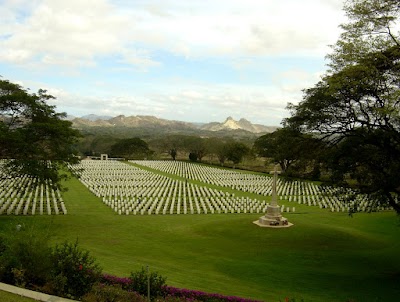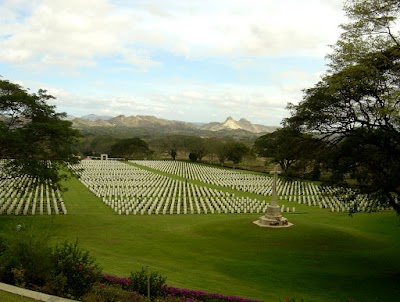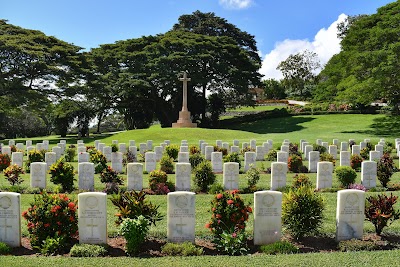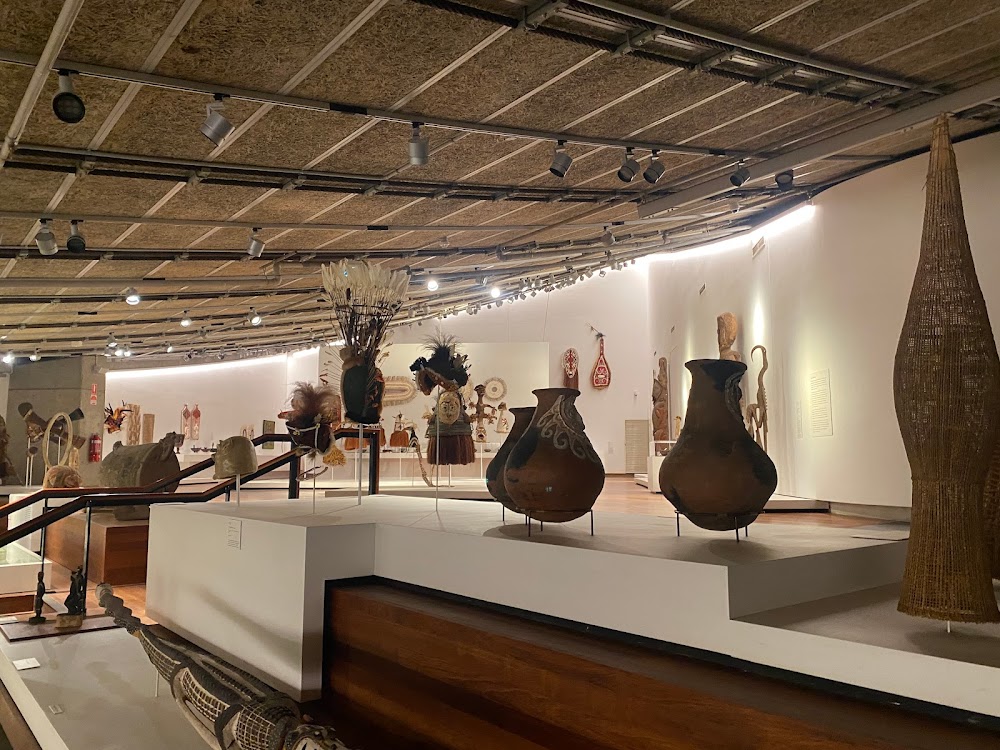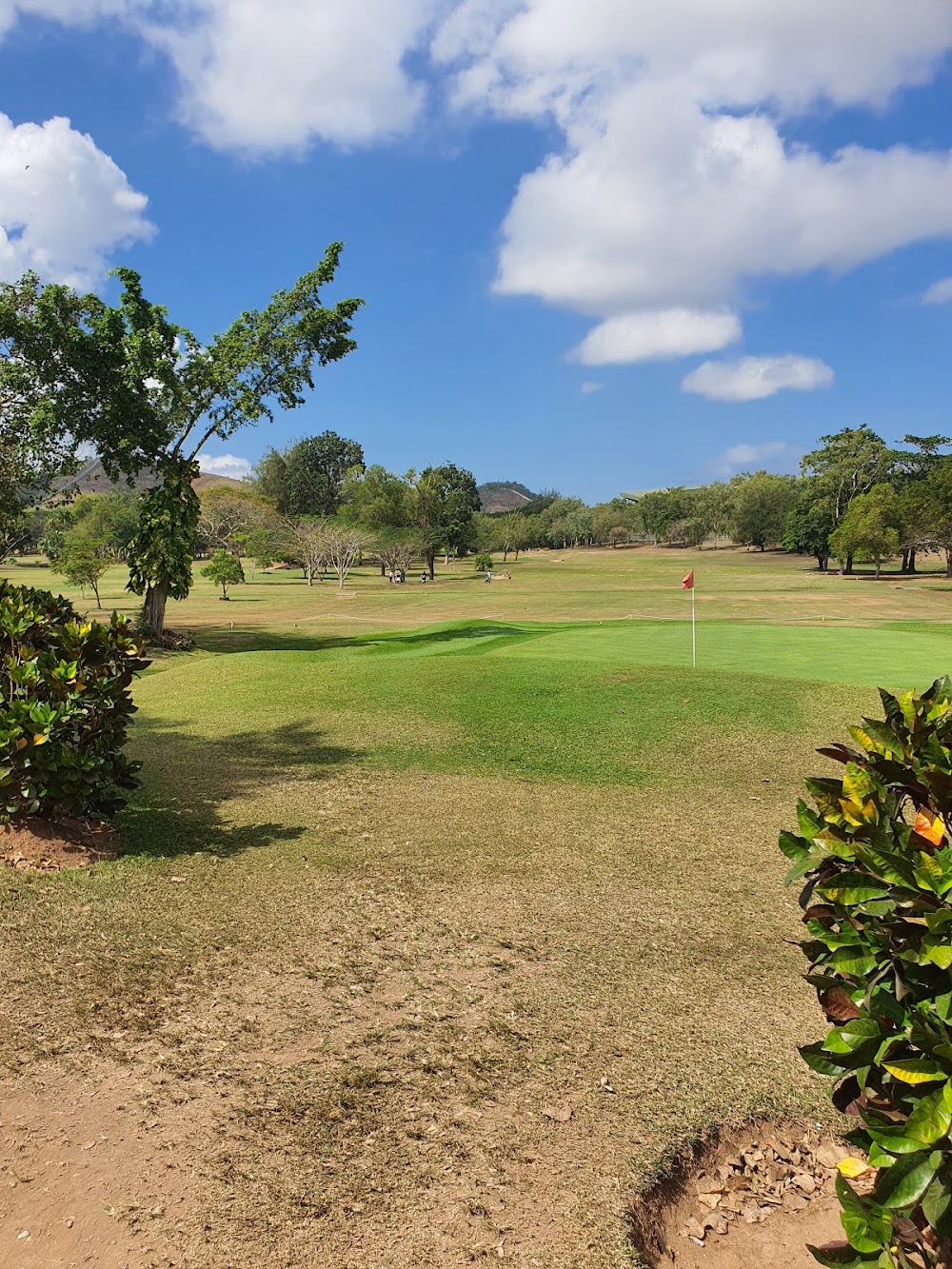Bomana War Cemetery (Bomana War Cemetery)
Overview
The **Bomana War Cemetery** is a poignant and meticulously maintained resting place for the heroes of World War II, located in Port Moresby, the capital city of Papua New Guinea. This cemetery provides a serene yet somber ambiance, making it a significant historical site that honors the sacrifices made by military personnel during one of the world's defining conflicts. For foreign tourists, visiting Bomana offers a meaningful opportunity to pay respects and reflect on the profound human cost of war.
Established in 1942, at the height of World War II, the Bomana War Cemetery serves as the final resting place for over 3,800 soldiers from Australia, Papua New Guinea, the United Kingdom, New Zealand, the Netherlands, Canada, and India. Many of these brave individuals lost their lives in the New Guinea campaign, a crucial series of battles fought between the Allied forces and the Japanese Empire. The cemetery was thoughtfully planned and laid out by the Commonwealth War Graves Commission to stand as a lasting tribute to those who fought and died far from home.
One of the most striking features of the Bomana War Cemetery is its immaculate and orderly layout. The manicured lawns, symmetrical rows of headstones, and carefully curated gardens create a space that is both beautiful and solemn. Each headstone bears the name, rank, and unit of the soldier, along with touching inscriptions chosen by their families. For many visitors, walking through this cemetery is a deeply moving experience as they read the names and tributes, forging a personal connection with the past.
The **Cross of Sacrifice** and the **Stone of Remembrance** are two central monuments within the cemetery that hold particular significance. The Cross of Sacrifice, a large stone cross with a bronze sword embedded in its face, symbolizes the sacrifice of the soldiers and serves as a reminder of their bravery and dedication. The Stone of Remembrance bears the inscription "Their Name Liveth for Evermore," conveying an enduring message that underscores the eternal honor given to those who served.
Visitors to the cemetery will find that Bomana is not merely a place of mourning but also a site dedicated to education and remembrance. The on-site information panels and visitor center provide valuable historical context about the battles fought in Papua New Guinea, the strategic importance of the region during World War II, and the poignant stories of individual soldiers. This educational aspect enriches the visit, allowing tourists to gain a deeper understanding of the war's impact on this Pacific nation and its people.
A visit to the Bomana War Cemetery offers more than just historical insight; it also provides a unique cultural experience. The cemetery's location within Port Moresby allows tourists to explore the vibrant city and its surroundings. Papua New Guinea is renowned for its rich cultural heritage, diverse wildlife, and stunning landscapes. Combining a visit to Bomana with other local attractions creates a well-rounded itinerary that highlights both the country's past and present.
Interestingly, Bomana War Cemetery is the largest war cemetery in the Pacific and stands as a testament to the region's strategic importance during the war. The meticulous care given to the cemetery by the locals and the Commonwealth War Graves Commission ensures that it remains a pristine and respectful space. The cemetery's maintenance is a collaborative effort, reflecting the shared commitment to honoring the memory of those who fought for freedom.
For those interested in military history, the Bomana War Cemetery offers a wealth of information and context. Historians and enthusiasts alike will find the detailed records and memorabilia fascinating, as they provide a comprehensive overview of the New Guinea campaign. Additionally, guided tours are available, offering in-depth knowledge and personal stories that bring the history to life.
As you plan your visit to Bomana War Cemetery, consider the best times to go; the cemetery is open year-round, but the cooler and drier months from May to October are typically more comfortable for exploring. Make sure to take your time walking through the rows of headstones, spend a moment at the central monuments, and soak in the serene beauty of the gardens. Each element of this cemetery contributes to its role as a place of quiet reflection and profound respect.
In summary, the Bomana War Cemetery is not just a site of historical significance but a powerful reminder of the resilience and sacrifice demonstrated during some of history's darkest times. For foreign tourists, it offers an opportunity to honor the past, understand the broader implications of World War II, and appreciate the peace and freedom that many fought tirelessly to achieve. Visiting Bomana is an experience that is both educational and humbling, making it an essential stop for anyone exploring the rich history of Papua New Guinea.


